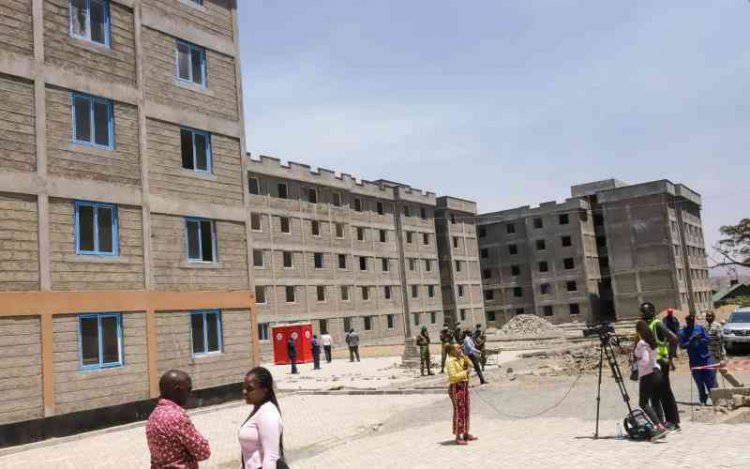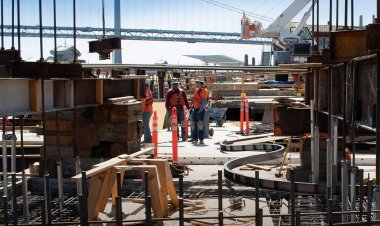How Devolution Has Made Rural Regions Ideal for Real Estate Investments
The real estate investment sector has tremendously grown with the advantage of devolution, as players get a better understanding of the value of the natural resources in various regions.

Real estate investment has drastically taken a turnaround in Kenya after the introduction of devolution in the 2010 Constitution. The outback of the country has been termed the backbone and footstool of economic growth. Some of the real estate sectors, such as commercial, industrial, land, residential, and specific-purpose real estate, have shown a significant rise as compared to the past decades.
Before the 2010 Constitution, many investors believed in the narrative that rural land was to be bought and then sold after its value appreciated. In this era of time, investors have started seeing the untapped frontier for real estate, especially with the development of road infrastructure, the availability of resources, and low capital.
In land real estate, investors have embarked on the agricultural real estate sector. In counties such as Kiambu, Nakuru, Narok, Meru, Trans-Nzoia, and Bomet, large-scale farming is mostly practiced, for example, dairy farming, tea planting, and maize farming, and the produce is exported or distributed to different parts of the country, thereby creating job opportunities and enabling investors to make a profit.
After the establishment of the devolved government, studies have shown the rise of population in rural areas and more so in towns, creating an opportunity for people to invest in residential real estate such as Airbnb, condos, and apartments for people visiting the areas or looking to have short vacations. The investments are mostly based in regions such as Nakuru, Narok, Samburu, Turkana, and Nyeri.
The government has introduced affordable mortgage facilities through the Kenya Mortgage Refinance Company (KMRC), which offers products worth Ksh. 8 million payable in 30 years with a low interest rate of below 10 percent. Also, it has introduced affordable housing for citizens through the Boma Yangu Platform.
The increase in population in rural regions has led to the rapid growth of investors in the commercial and industrial real estate sectors. The real estate established in these regions consists of industrial complexes, retail stores, and malls. Konza Technopolis, located within three counties (Machakos, Makueni, and Kajiado), is one of the industrial complexes that is in the process of being established.
Technopolis is planned to be a world-class technology for developing various industries, including hotels, schools, residential areas, hospitals, and universities, with a focus on research and technology, boosting the economies of the countries and profiting investors.
The availability of natural resources in various regions has enabled people to start projects to utilize the resources. Nakuru is one of the counties with a geothermal complex plant at the Olkaria Geothermal Project, situated within Hell’s Gate National Park near Lake Naivasha. The power produced is supplied to various regions and within the county, leading to economic growth.
Devolution has enabled county offices to be set up in different regions, hence decentralizing government resources such as education, health, water, public transport, infrastructure, road maintenance, and housing, creating opportunities for people to venture into real estate investments.
In summary, the real estate investment sector has tremendously grown with the advantage of devolution, as investors and the common Mwanainchi get a better understanding of the value of the natural resources in various regions and the ways of boosting their economies, therefore developing the country as a whole.
If you have a real estate press release or any other information that you would like featured on the African Real Estate Blog Post do reach out to us via email at [email protected]

 Cece Ndululu Usyu
Cece Ndululu Usyu 






























